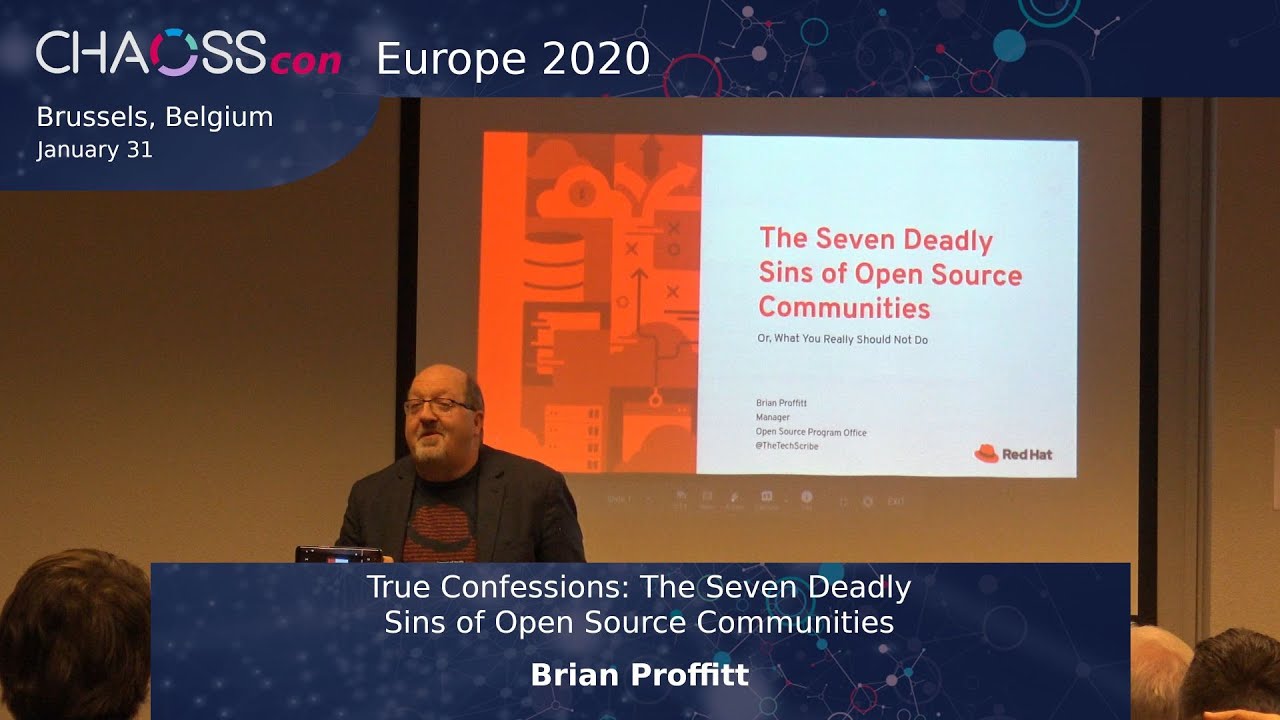Context
I had a lot of discussion recently with people from the FOSS United community about their vision for the organisation, the direction that it’s on and their general feedback on what we’re doing right now.
In my opinion the broader vision of the community is to build a ecosystem for FOSS projects, maintainers, contributors that acts as a bridge between organisations, government and academia.
I personally find it upsetting that we have paused funding for projects quoting the likelihood of them being able to get VC funds, while we continue to -
- Sponsor events (that may or may not be 100% FOSS related) that don’t require grants as they have other sponsors.
- Hire like crazy, for verticals that are not immediate requirements.
- Establishing new city chapters without making sure if there is a need for a FOSS community in those regions.
These are all very important programs and verticals to effectively scale up the organisation (most of these also may not cost a lot, but expenses add up) , but I don’t want these to be done at the cost of open source projects still unable to become sustainable. Not all VC funding is bad,but not everyone wants/needs VC funding either.
from fossunited.org -
The foundation, currently in its infancy, aims to provide grassroots support to FOSS projects and events, and evolve into a community-industry collaboration with a diverse group of members and patrons.
This “support” to projects has so far been primarily given through
- Grants
- Visibility (Showcasing projects at events, through media and other content)
With the project grants program now paused, we have become and organisation that does just/mostly events. ( and I don’t see this changing anytime soon, with more programs planned that will only increase costst)
While we have been successful in promoting and giving enough eyeballs to open source projects ( case in point - Bruno), I’m not sure how much support FOSS projects have been able to get from us in terms of contributions/contributors and/or funding.
With more than 60% of our funding coming in through only two organizations, there will always be reasonable constraints on what we can and can’t support. But if the finances and resources are being a hurdle to support projects, we need to think of alternative solutions.
I have a proposal that I’d like to know the community’s thoughts on -
If we know of enough VCs, Organisations and Individuals who are interested in investing in FOSS projects and also mostly agree that not all VC funding is bad, it might be a good idea to bring along these entities together and make an ecosystem for maintainers to be able to find the right investors, be easily able to pitch to them, ensure a certain set of guidelines in place and raise investments.
I’m thinking something like YC for FOSS projects in India. Some amount of support can be provided through our umbrella (and/or Zerodha/Frappe) as just grants, others through partners that we onboard specifically for this program that will make equity investments in these projects. ( Is CSR possible too? Or something like open collective?)
We can create a platform for FOSS developers to pitch their product to multiple interested people at the same time, utilise our immense network of FOSSpreneurs to mentor them on possible pathways, maybe even create content ( see startupschool.org) for FOSS startups specifically.
Funding projects should be our priority, but if we are short of funds to continue doing this, we should at least create some sort of a system that helps projects get funds, equity free or not)
